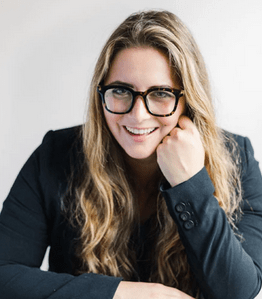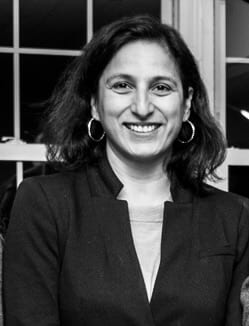Here’s what’s new in research and publishing at UMassD:
Associate Dean of the College of Arts & Sciences Shannon Jenkins was featured in an article that details how voters gather credible information about candidates and issues in the age of digital disinformation.
Professor Brian Williams (History) published an article about the latest phase in the military campaign against Hamas, which involves navigating a complex network of tunnels below ground.
Professor Steve Lohrenz (Estuarine & Ocean Sciences) co-published “Increased Terrestrial Carbon Export and CO2 Evasion From Global Inland Waters Since the Preindustrial Era” in Global Biogeochemical Cycles. The paper discusses research undertaken to address gaps in global carbon cycling identified in the recent Intergovernmental Panel on Climate Change’s Sixth Assessment Report.
Brooke Lowman (Ph.D., ’21), Cate O’Keefe (Ph.D., ’13), and Professor Steve Cadrin (Fisheries Oceanography) co-published “Evaluating bycatch avoidance in the U.S. Atlantic sea scallop Placopecten magellanicus fishery” in North American Journal of Fisheries Management. The paper analyzed the bycatch avoidance program’s effectiveness over four years based on fishing behavior relative to bycatch advisories. Using loglinear models to compare frequencies, the research team examined the relationship between bycatch reports from participating vessels and bycatch advisories.
Professor & Montgomery Charter Chair Changsheng Chen (Fisheries Oceanography) co-published “Effects of warming and fishing on Atlantic sea scallop (Placopecten magellanicus) size structure in the Mid-Atlantic rotationally closed areas” in ICES Journal of Marine Science. The paper examines the sea scallop size structures in three rotationally closed areas in the Mid-Atlantic Bight and decomposed their total variances using the variance partitioning method.
Professor Steve Lohrenz (Estuarine & Ocean Sciences) co-published “Soil legacy nutrients contribute to the decreasing stoichiometric ratio of N and P loading from the Mississippi River Basin” in Global Change Biology. The article advocates urgency in integrating soil legacy into sustainable nutrient management strategies for aquatic ecosystem health and water security.Professor Doug Roscoe co-published “The Accreditors Made Us Do It?” in the higher education publication Assessment Update. The article examines how accreditation bodies foster improvement in student learning and recommends eliminating mandates for the program-level assessment reporting cycle.
Need help accessing any of these (or other) articles? Reach out to our Research and Information Literacy Services Librarians.



